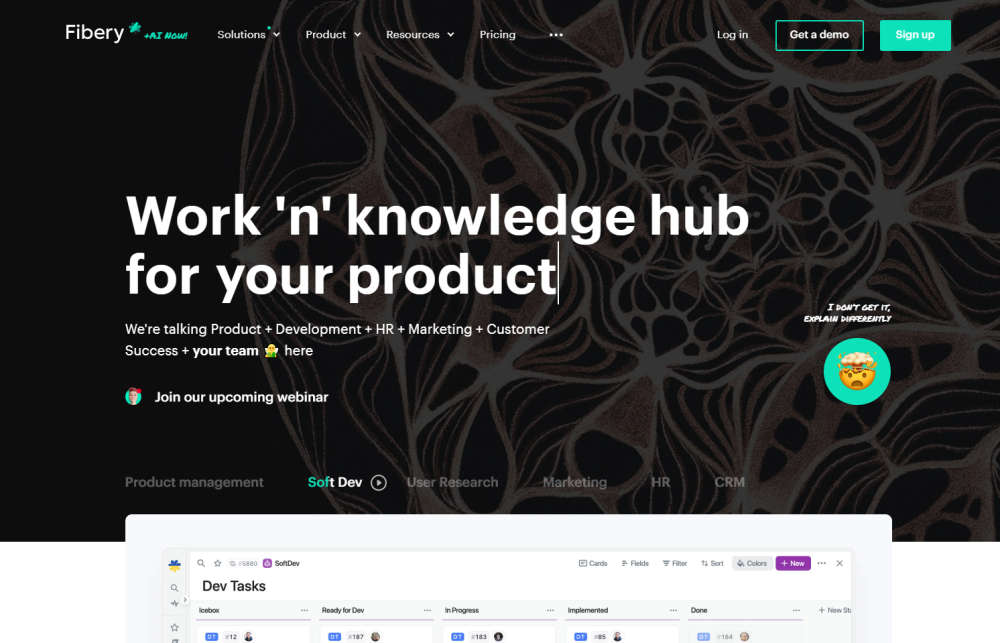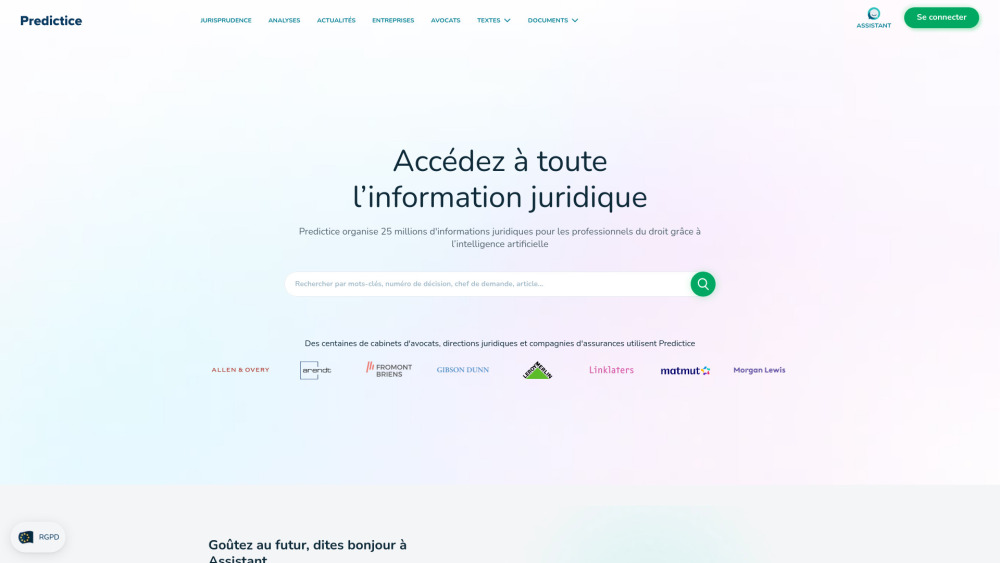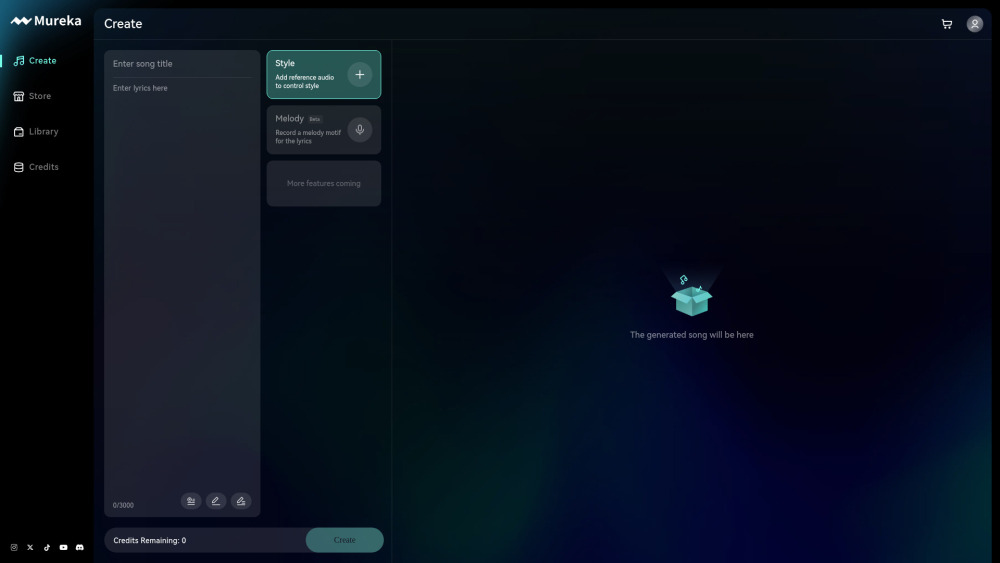The discussion surrounding AI-generated imagery is becoming increasingly contentious, especially as the use of these images in elections raises concerns at events like the World Economic Forum. Nevertheless, startups are forging ahead, developing innovative AI tools for creative professionals.
A notable player in this field is Recraft, an AI graphic design generator targeting professionals, which recently completed a $12 million Series A funding round led by Khosla Ventures in Silicon Valley, with participation from former GitHub CEO Nat Friedman, RTP Global, Abstract VC, Basis Set Ventures, and angel investors.
While numerous generative AI design tools exist—such as Jasper, Adobe Sensei, and Let’s Enhance—Recraft distinguishes itself as one of the first foundational tools. It is building its own Foundation Model, a pre-trained deep learning algorithm designed to generate consistent design elements like icons and images that align with a brand’s specific style. Since launching eight months ago, Recraft claims to have acquired over 300,000 users.
Recraft's focus is not on creating whimsical images, such as cowboy dogs riding horses. In addition to generating raster images, it produces vector images, which are infinitely scalable and preferred in professional graphic design. This sets Recraft apart from many platforms where image quality may be compromised.
This ambitious vision is backed by founder Anna Veronika Dorogush, who is far from a non-technical figure. Dorogush previously created CatBoost, a high-performance open-source library for gradient boosting on decision trees. With a 13-member team based in London, she previously led machine learning systems at Yandex, Russia's search engine giant.
In a recent call, Dorogush explained that the new funding will enhance efforts to develop their foundational model: "You need to give users control over the outputs, including style consistency, brand colors, and detail levels. This ensures that the images generated meet specific branding needs." She added, "If the model can't initially generate specific subjects, like a pool player or ballet dancer, fine-tuning alone won’t suffice for high-quality results. That's why we’re focused on building our own model right now."
Recraft is designed specifically for professionals, standing out by not only offering image generation but also enabling users to create unique styles for consistent branding. "This is crucial for brand development and creating coherent marketing materials and advertisements," Dorogush emphasized.
I inquired about the risks of potential lawsuits from artists whose styles could be emulated on the Recraft platform. Dorogush addressed this concern: "Our terms specify that if an artist uploads anything as a reference, we do not use that content to train our model," she confirmed.
She elaborated that Recraft enhances the generic styles of images uploaded by artists: "You supply the style reference, and then generate images using that reference. The user drives the style selection process."
Dorogush stressed that rather than replacing graphic designers, tools like Recraft aim to increase accessibility, especially in areas previously dominated by uninspired stock imagery. "A year ago, authors of children's books relied on stock images. Today, they're producing much more captivating illustrations."
Yet, Recraft faces competition; last year I reported on Berlin-based Kittl, which raised €10.8 million ($11.6 million) for its design platform that transforms ideas into professional-grade graphic products swiftly. This week, CEO Nicolas Heymann noted that tools like Recraft are contributing to a more advanced suite of alternatives for designers: "If Recraft successfully produces design assets, similar to how current image generation models can replace stock photo libraries, they could capture market share from those icon libraries."
According to Dorogush, both Recraft and Kittl can coexist with their unique offerings: "Our technology is geared toward creating consistently styled imagery, focusing on graphic designers and marketers, while Kittl caters to merchandise. I have great respect for what they’re doing."
Ultimately, investors are enthusiastic about the opportunity to support business-oriented AI tools that mitigate the controversies faced by various AI and design platforms. Nikita Shamgunov, Partner at Khosla Ventures, stated, "We’re witnessing a rapid transformation in the design space driven by generative AI. Most current solutions target consumers rather than professionals who require more control. Recraft excels in professional workflows, offering features like vector images, style controls, and comprehensive content production—all powered by an in-house built foundational model."





